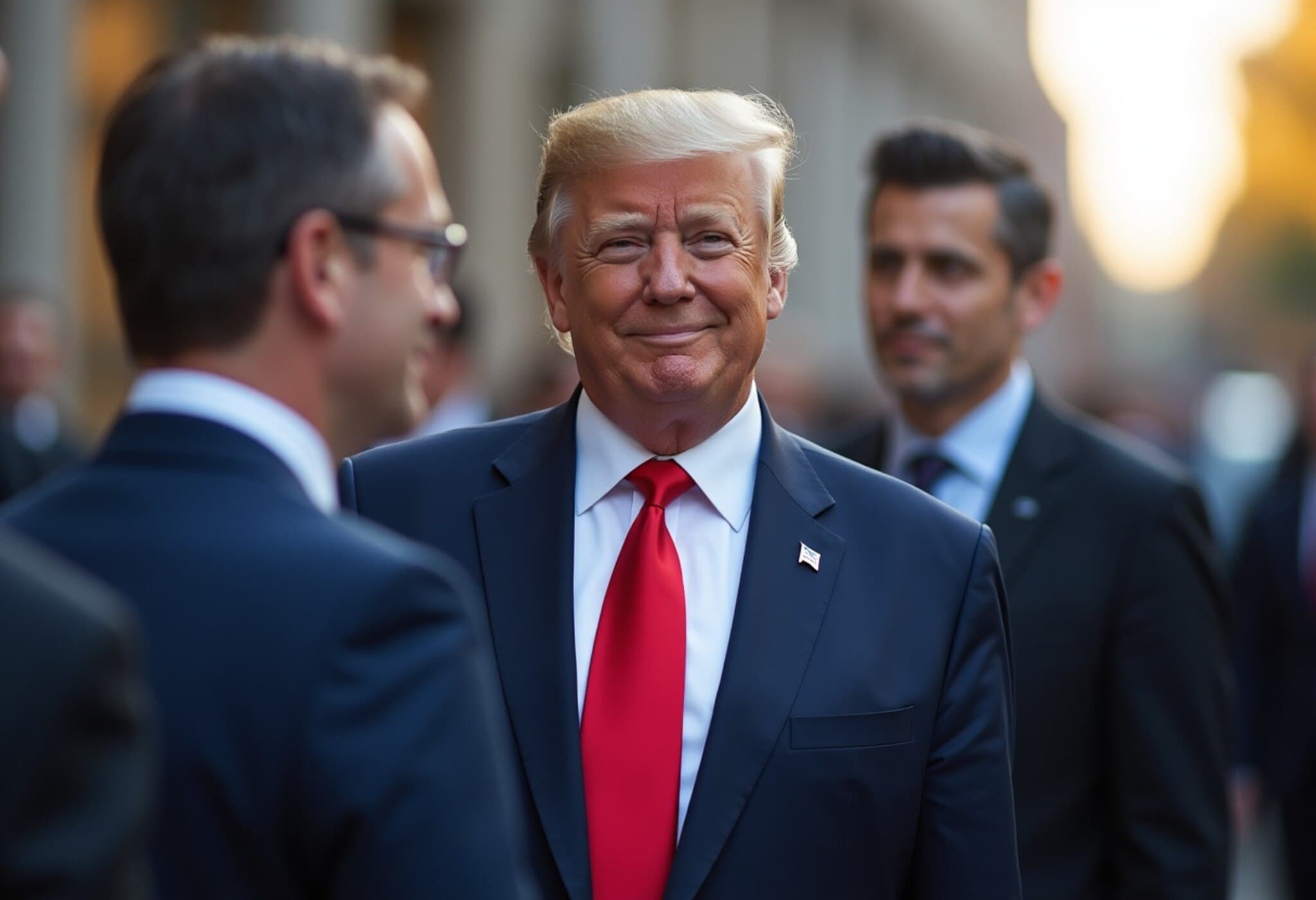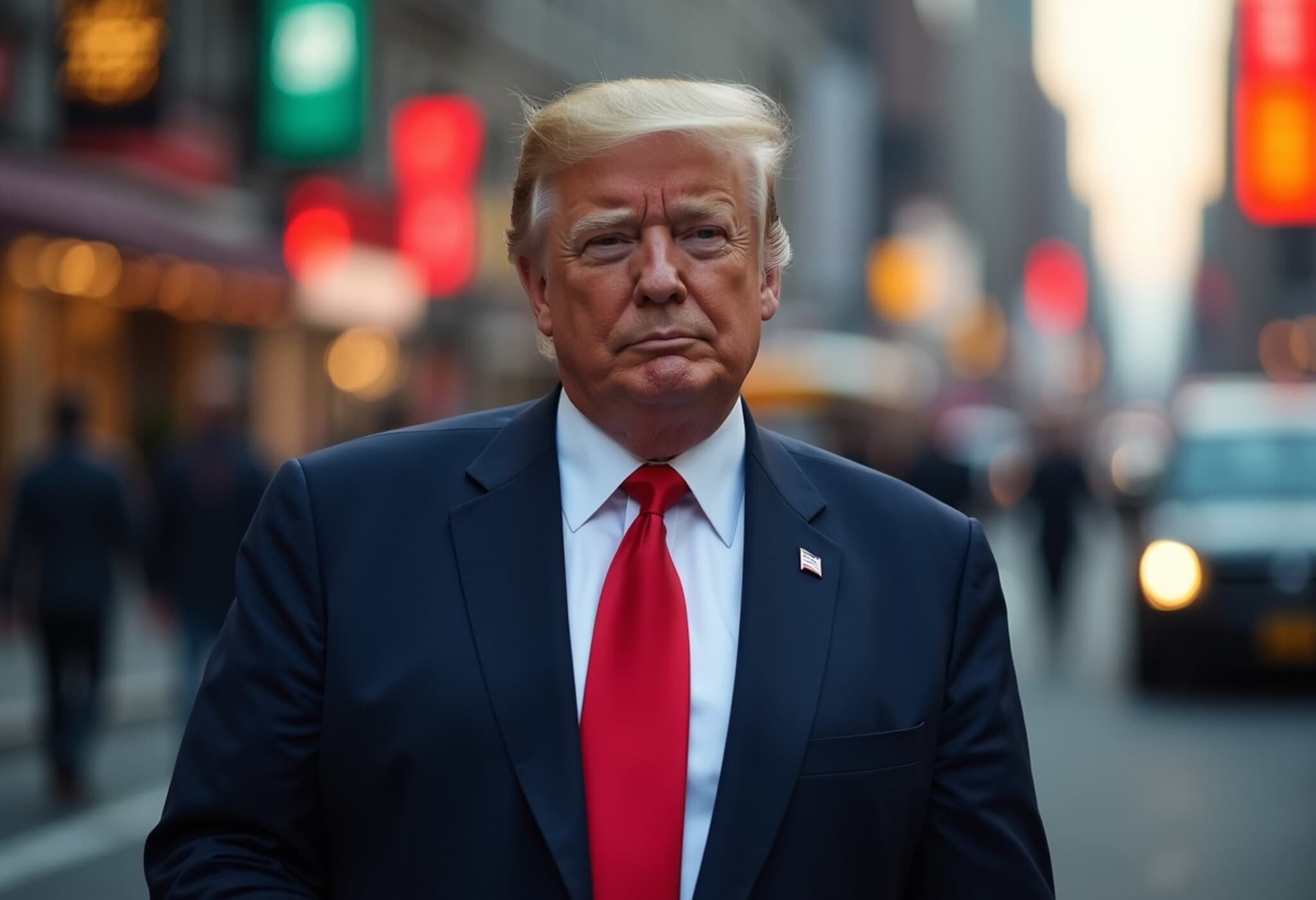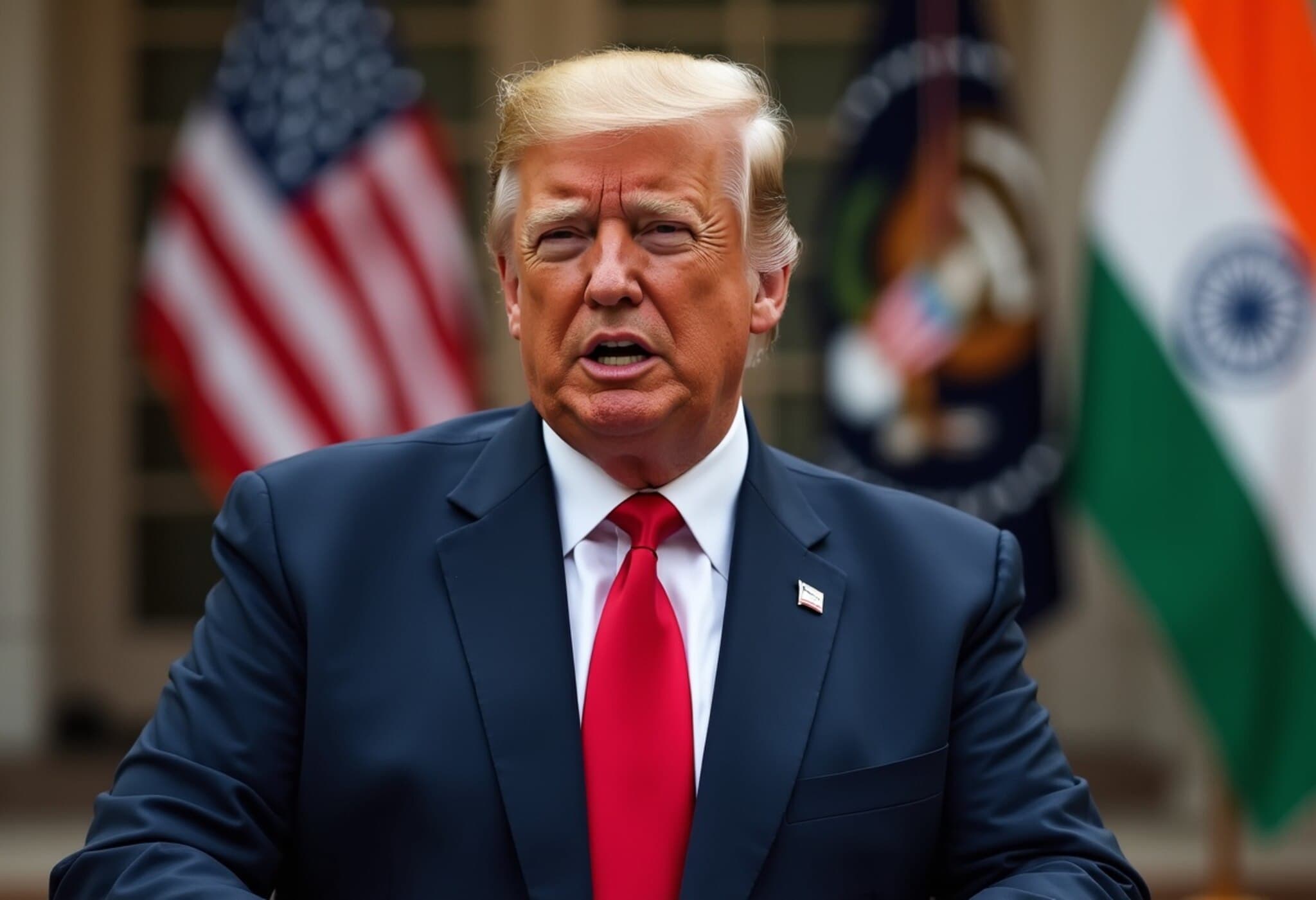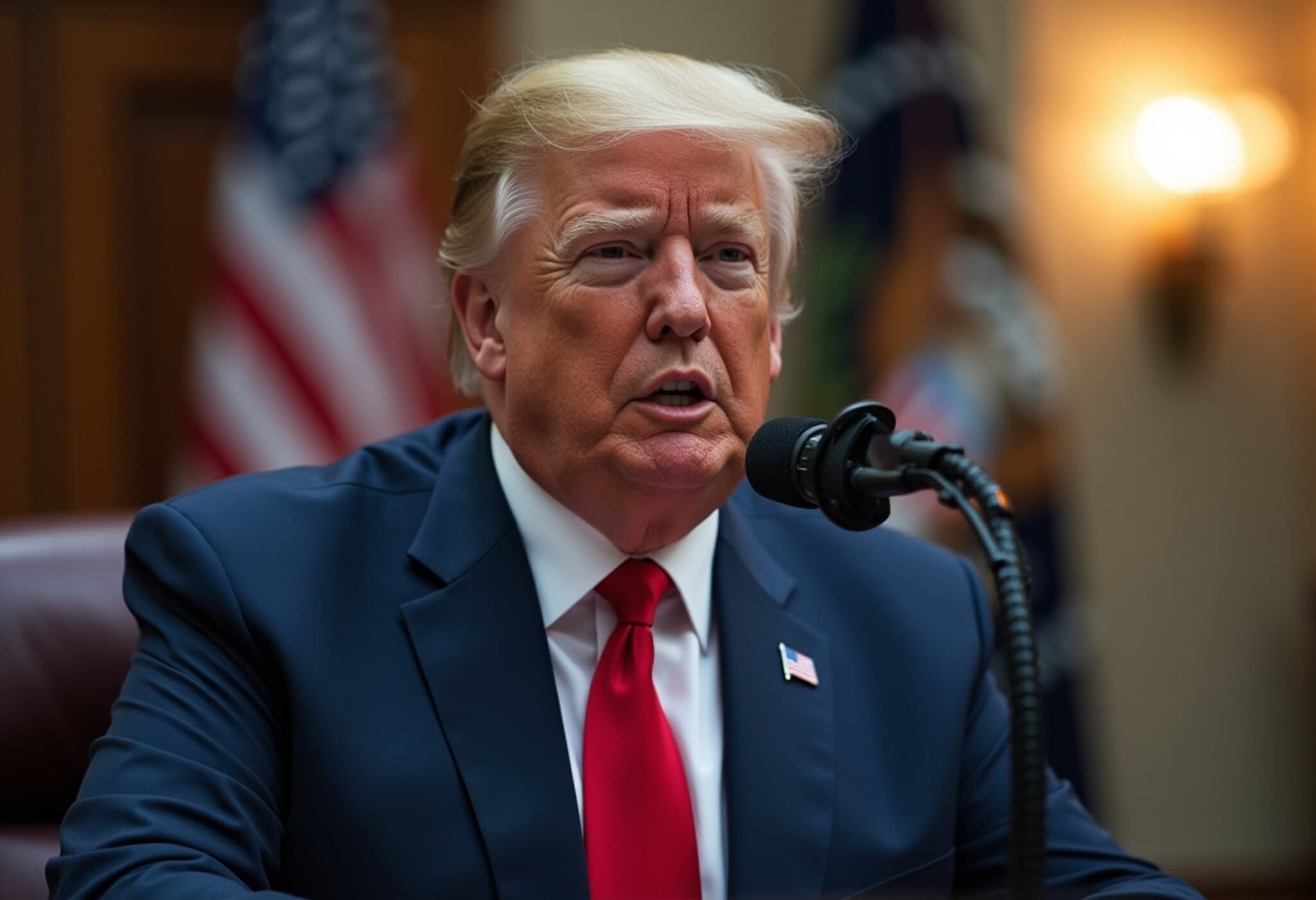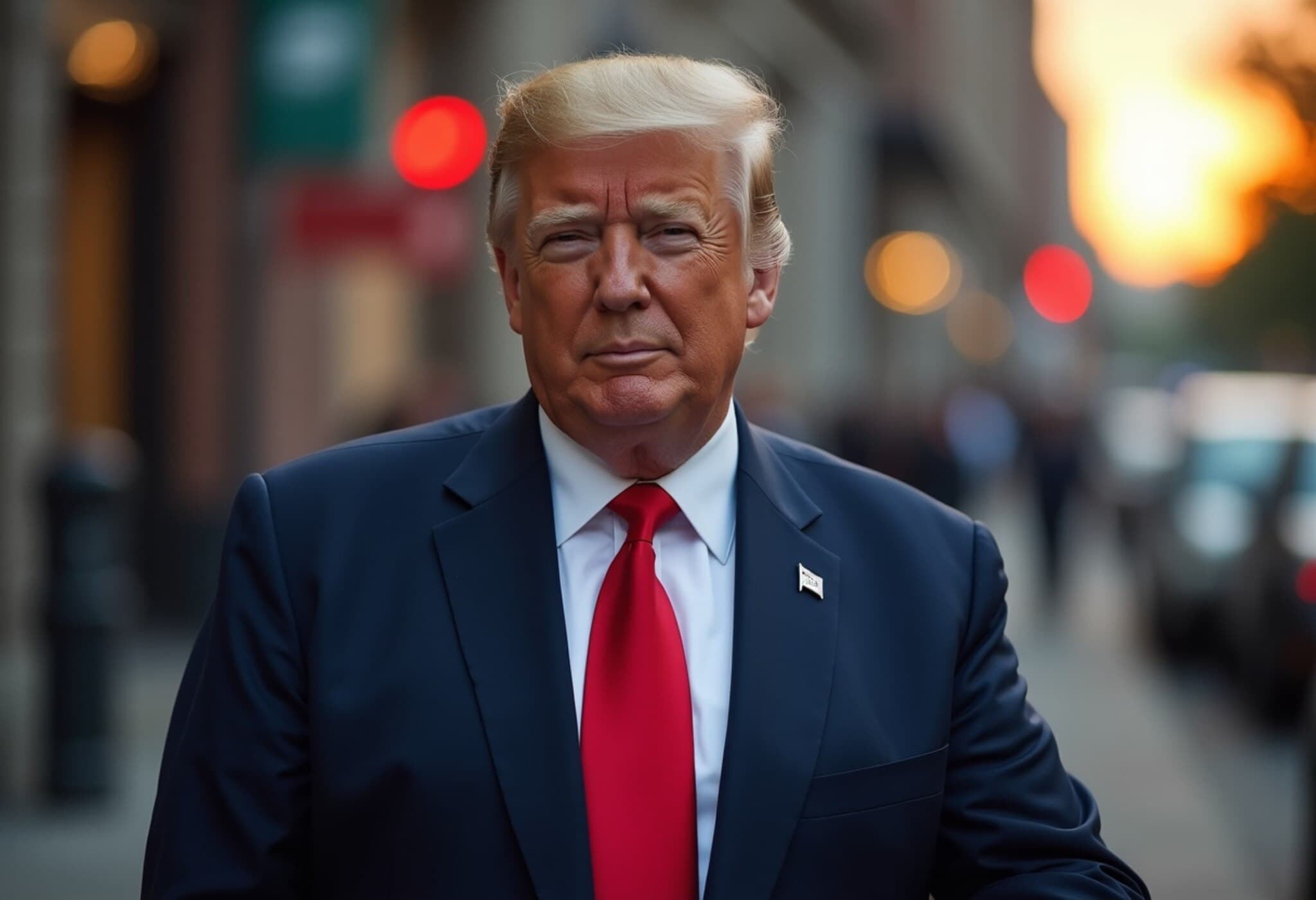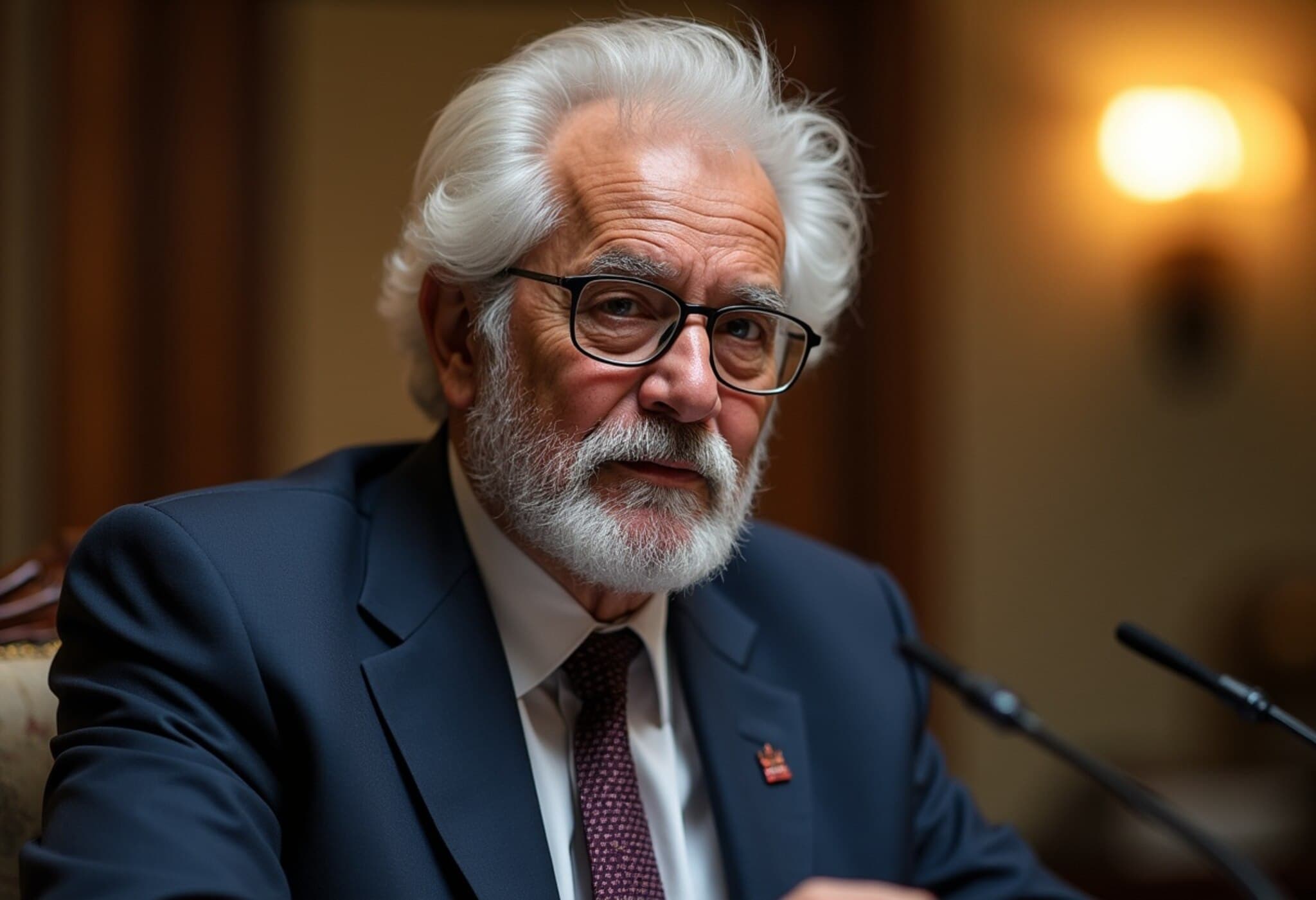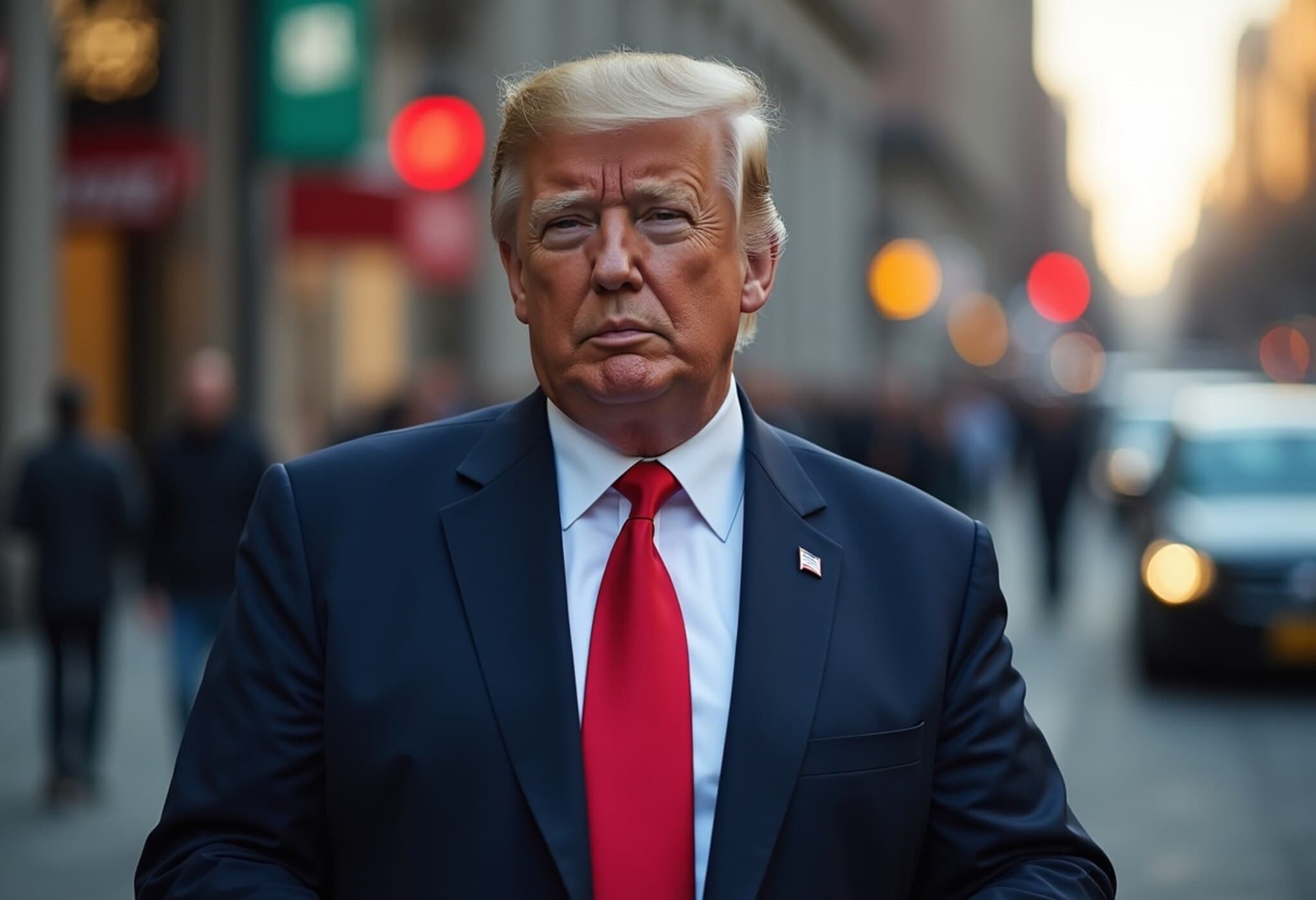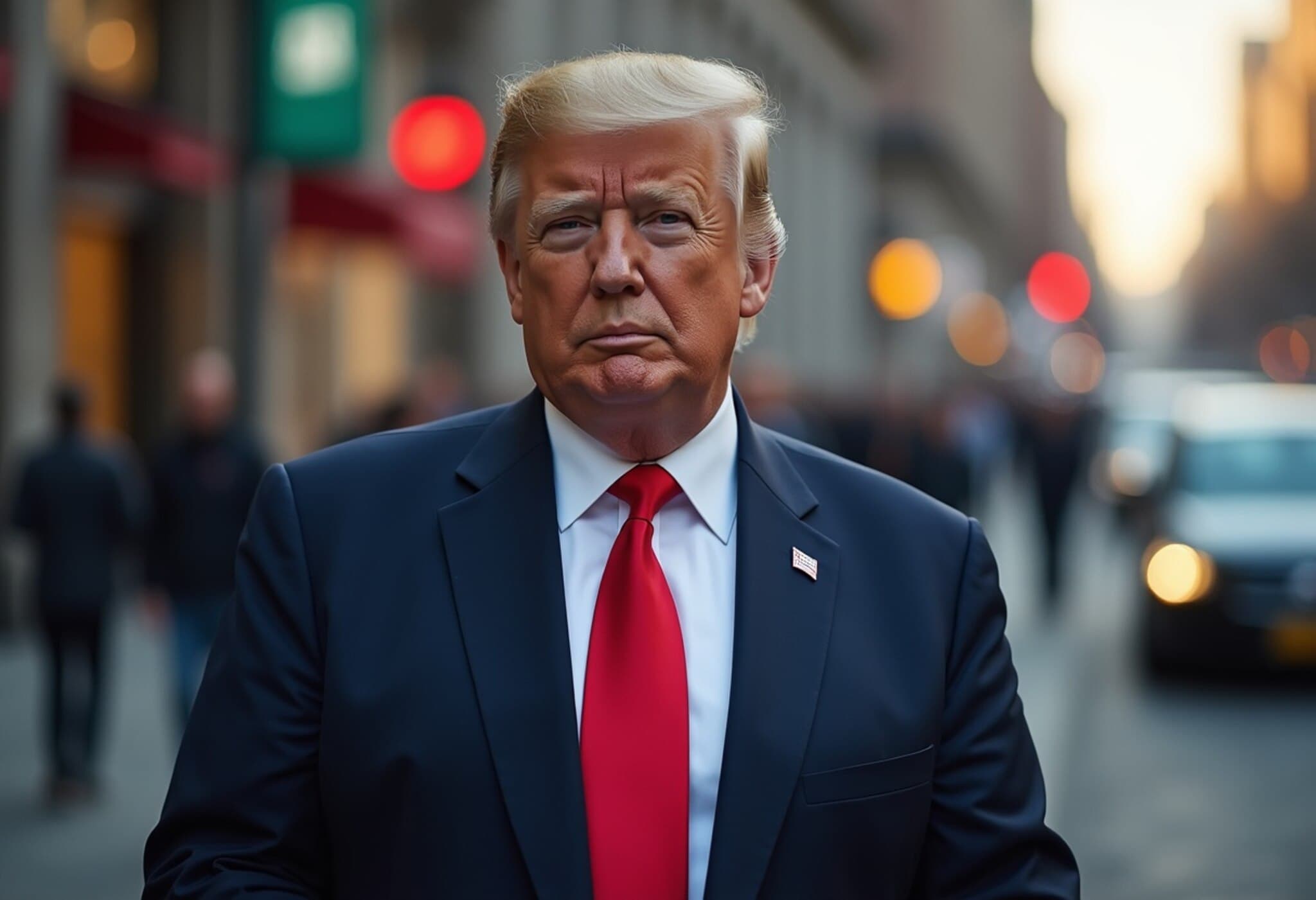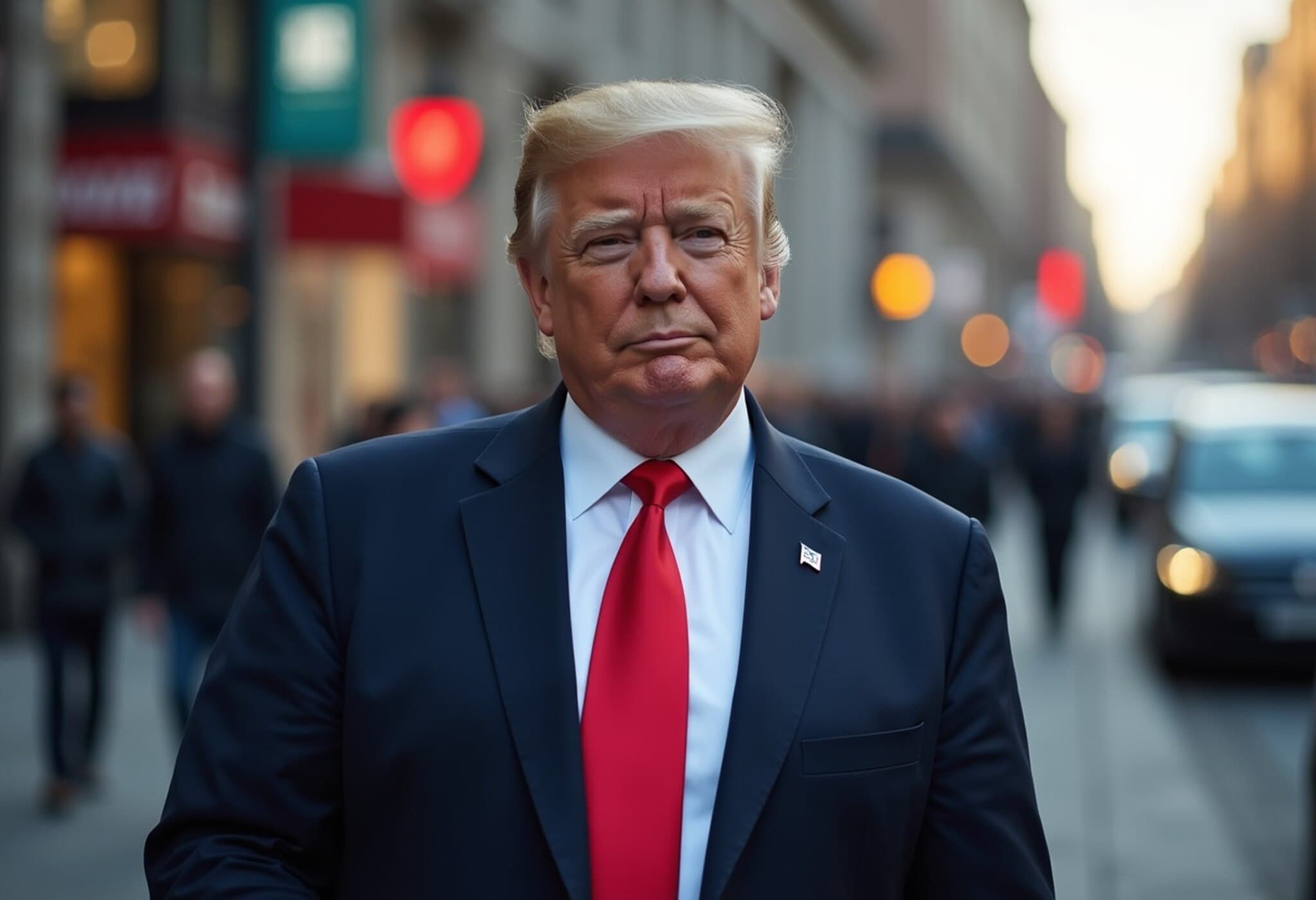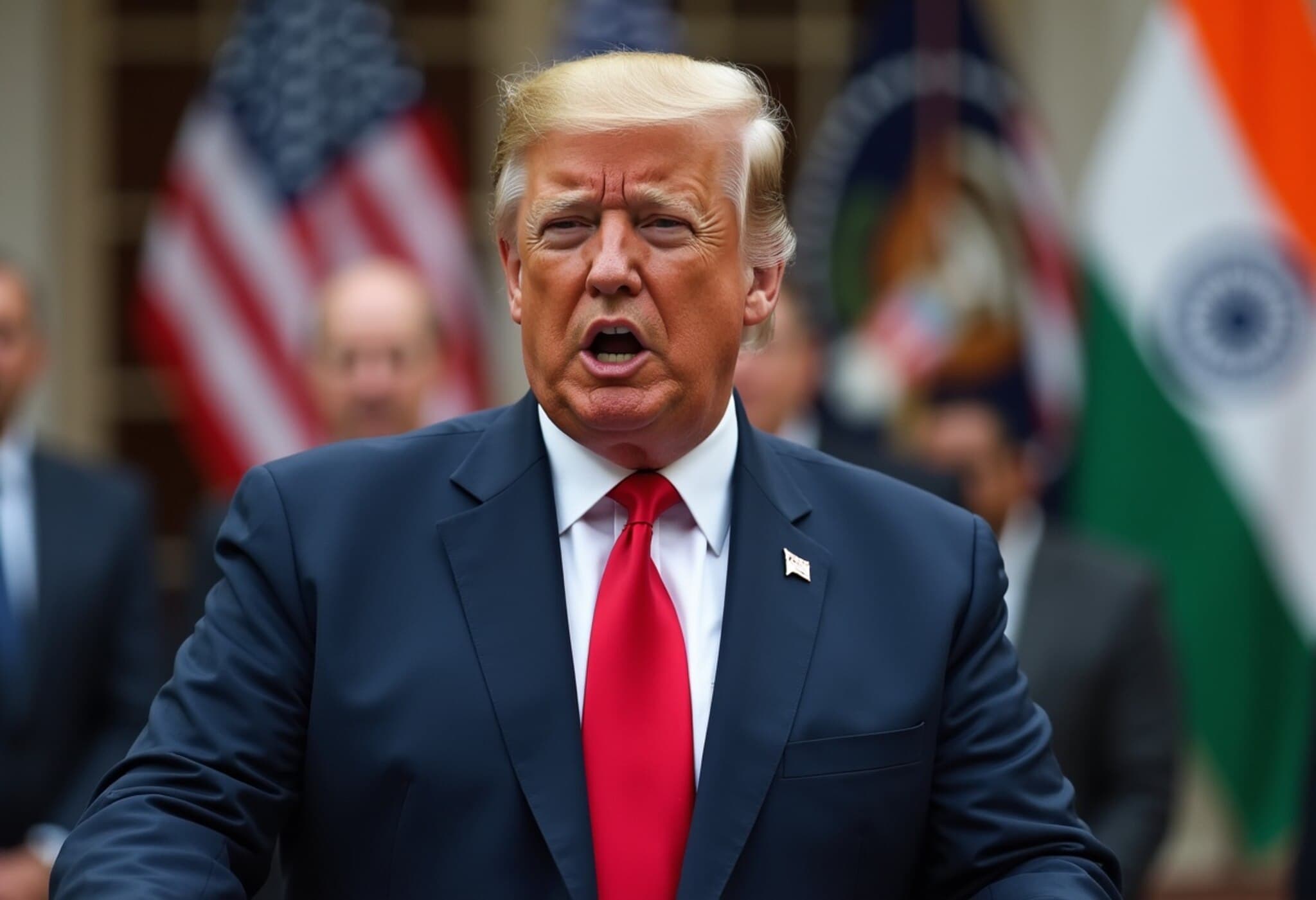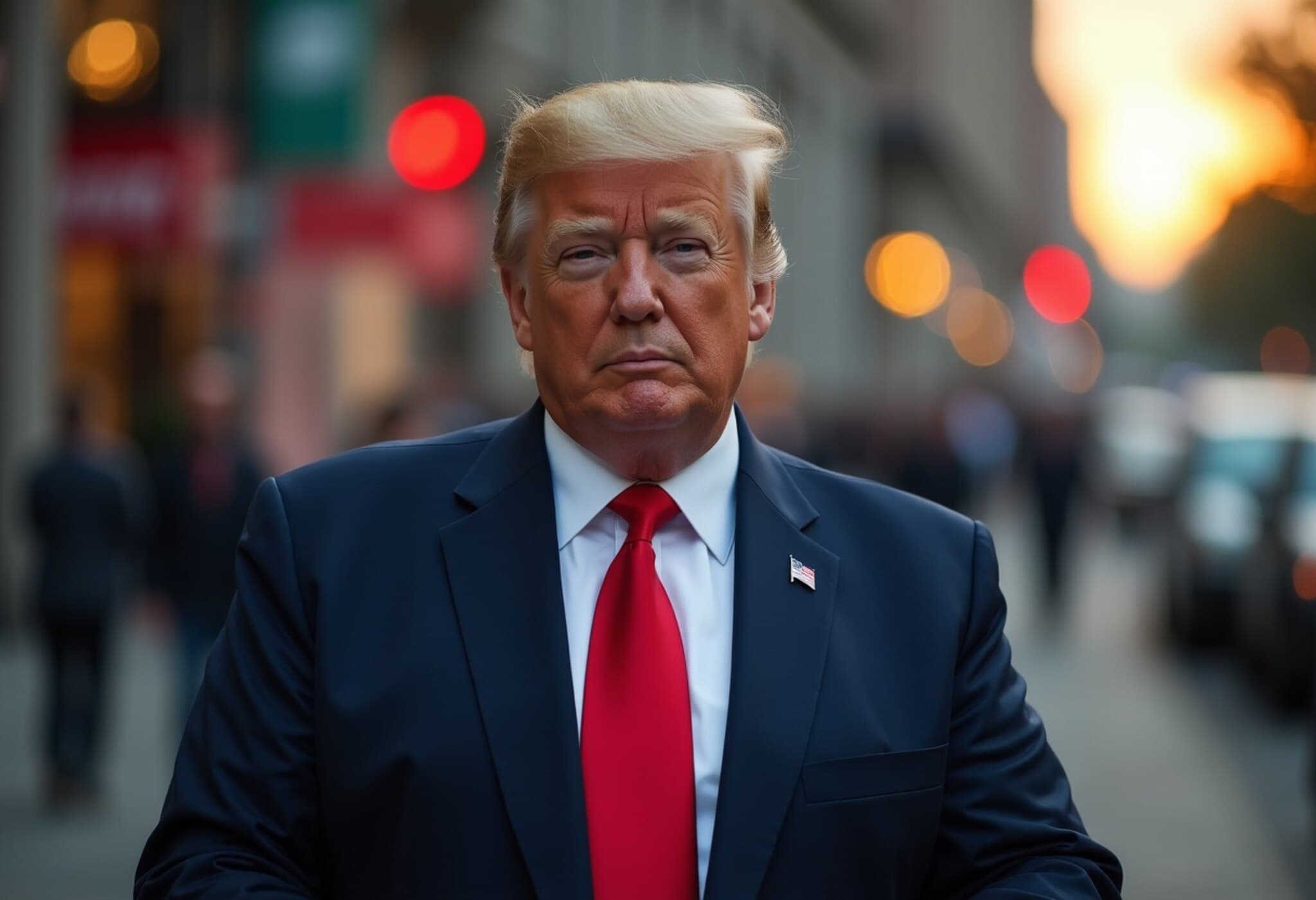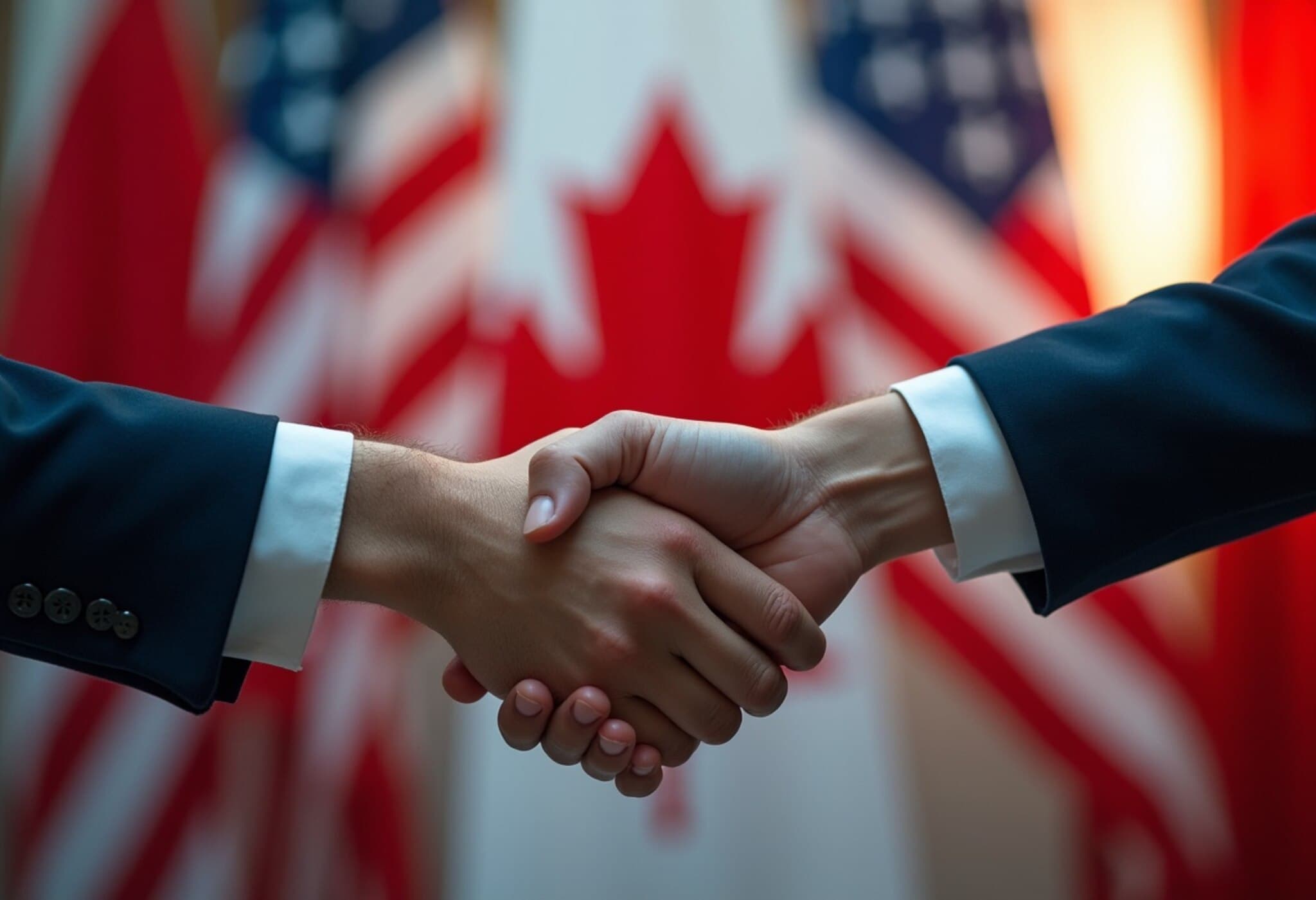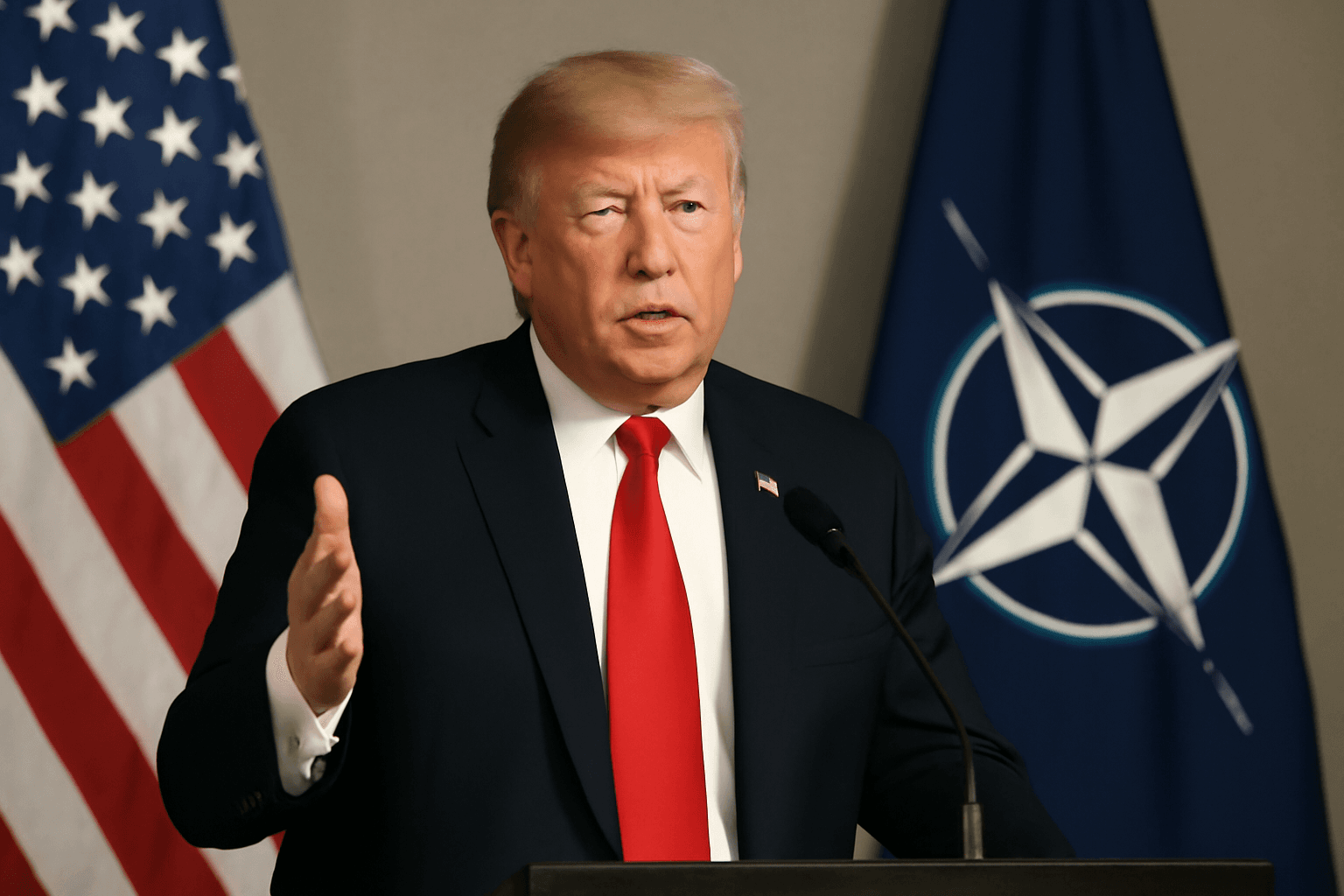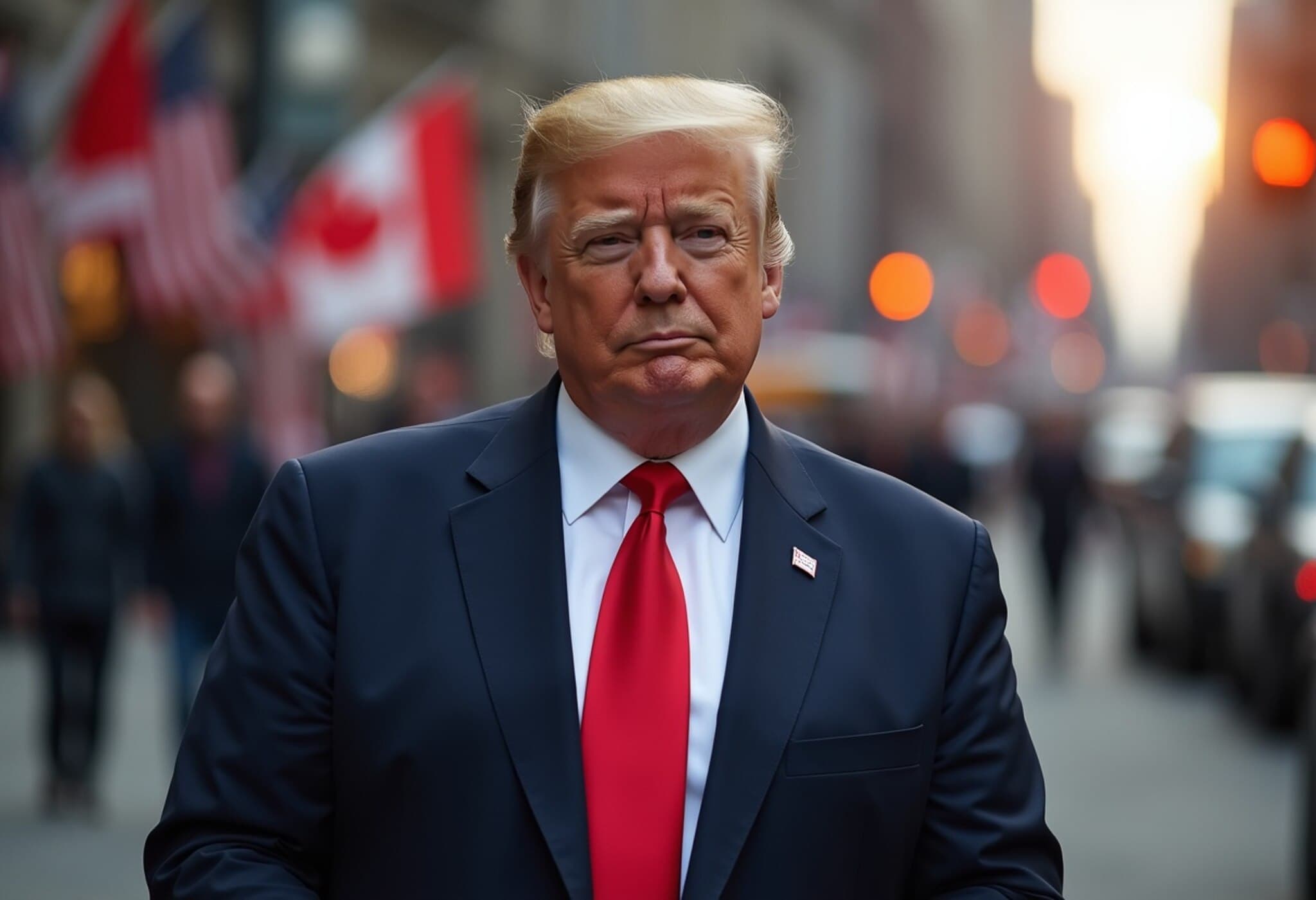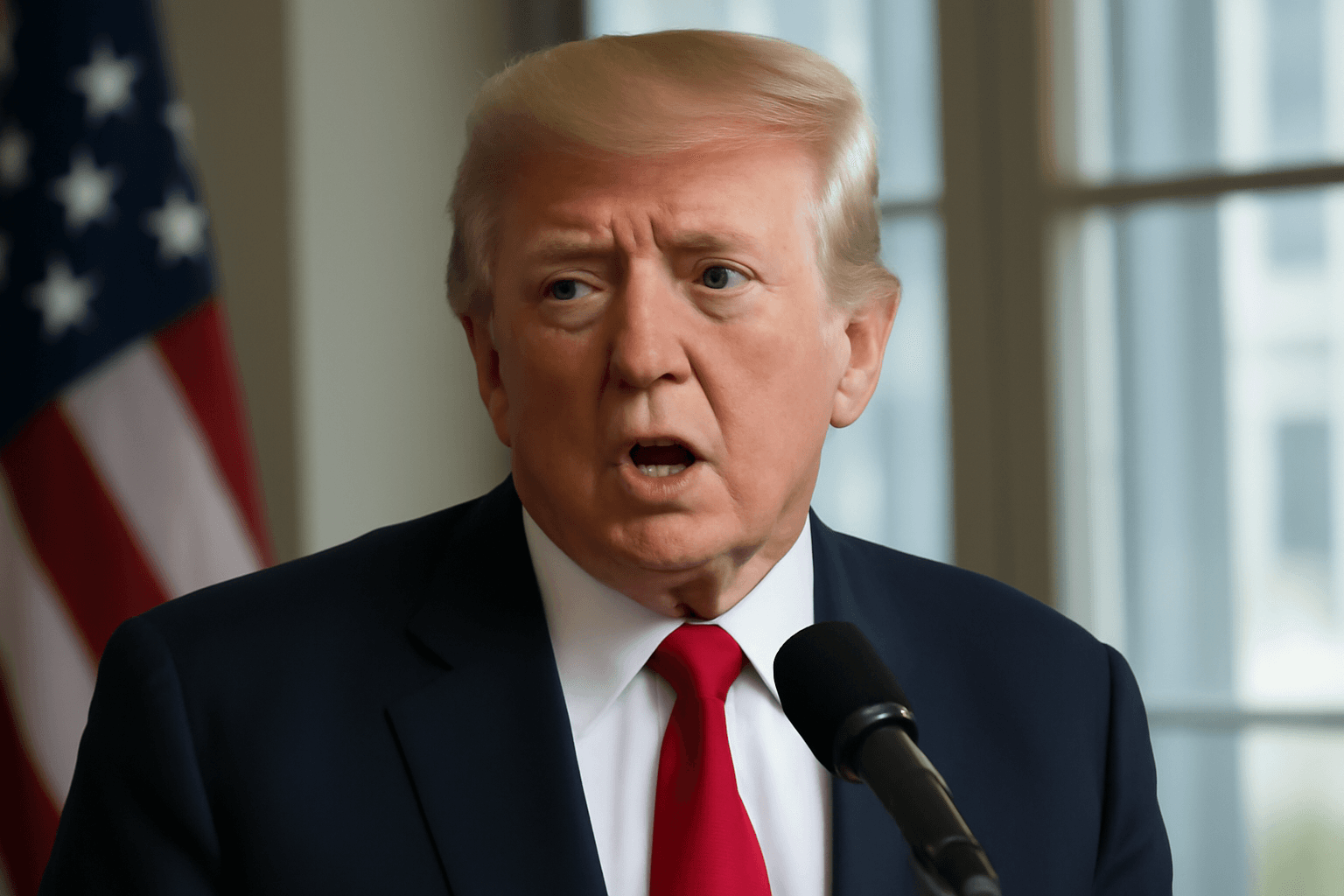EU and US on Brink of Pivotal Trade Agreement
European Commission President Ursula von der Leyen is scheduled to meet US President Donald Trump in Scotland this Sunday, amid growing optimism that a crucial transatlantic trade deal is within reach. This long-anticipated agreement could reshape tariffs between the world’s two largest economies and influence global trade dynamics for years to come.
Meeting Details and Potential Trade Terms
The upcoming discussions in Scotland come after a constructive phone call between the two leaders, with von der Leyen emphasizing the commitment to strengthening trade relations across the Atlantic. Sources close to the negotiations reveal that the deal may introduce a 15% tariff on imports from the EU to the US, along with a hefty 50% duty on European steel and aluminum—a contentious point reflecting ongoing concerns about protecting American domestic industries.
High Stakes amid Lingering Trade Tensions
Despite the promising signals, President Trump remains cautiously optimistic, stating there's roughly a "50-50 chance" such an agreement will be finalized. Trump's remarks also underscored the EU's eagerness to reach terms, highlighting the delicate balance of interests at play.
Trade tensions have escalated in recent years, with the EU currently facing US tariffs on over 70% of its exports, including:
- 50% tariffs on steel and aluminum
- 25% on cars and car parts
- 10% on most other goods
Washington even threatened to raise tariffs on cars to 30% from August 1. Such hikes could deal a severe blow to transatlantic commerce, threatening billions in bilateral trade.
Market and Industry Responses
The prospect of a deal has boosted market confidence, particularly in sectors most vulnerable to tariffs. European luxury brands like LVMH and automotive giants such as Volkswagen saw their shares surge by 4% and 3%, respectively, signaling investor hopes of easing trade barriers.
VW’s CEO, Oliver Blume, expressed optimism that mutual investment commitments could pave the way for additional tariff concessions after a broad trade agreement is signed.
Challenges and Criticisms from European Stakeholders
Despite tentative progress, some European voices remain skeptical. Laurent Favre, CEO of French car parts maker OpMobility, voiced concerns that the EU may settle for less favorable terms than individual member states could negotiate independently, describing the potential deal as "unbalanced."
Furthermore, if negotiations falter, the EU is poised to retaliate with countermeasures starting August 7, risking an escalation that could disrupt the world’s most significant commercial relationship, worth approximately $9.5 trillion.
Broader Implications for Global Trade and Policy
The EU-US trade relationship goes beyond just goods—encompassing services, investment, and technology—making this agreement pivotal not only for both economies but also for global supply chains. Analysts suggest that successful negotiations could set a precedent encouraging further transatlantic cooperation amidst rising protectionism worldwide.
Editor’s Note
As the EU and US edge closer to a historic trade deal, critical questions remain: Can both sides overcome deep-seated disagreements on tariffs without compromising strategic industries? Will this agreement recalibrate a previously strained relationship towards renewed partnership? Observers should watch closely how investment pledges and tariff adjustments serve as bargaining chips, potentially redefining global trade norms in an era marked by economic nationalism and shifting geopolitical alliances.
Ultimately, the outcome affects not just policymakers and corporations but also consumers on both sides of the Atlantic, who may see impacts on prices, product availability, and market competition.

